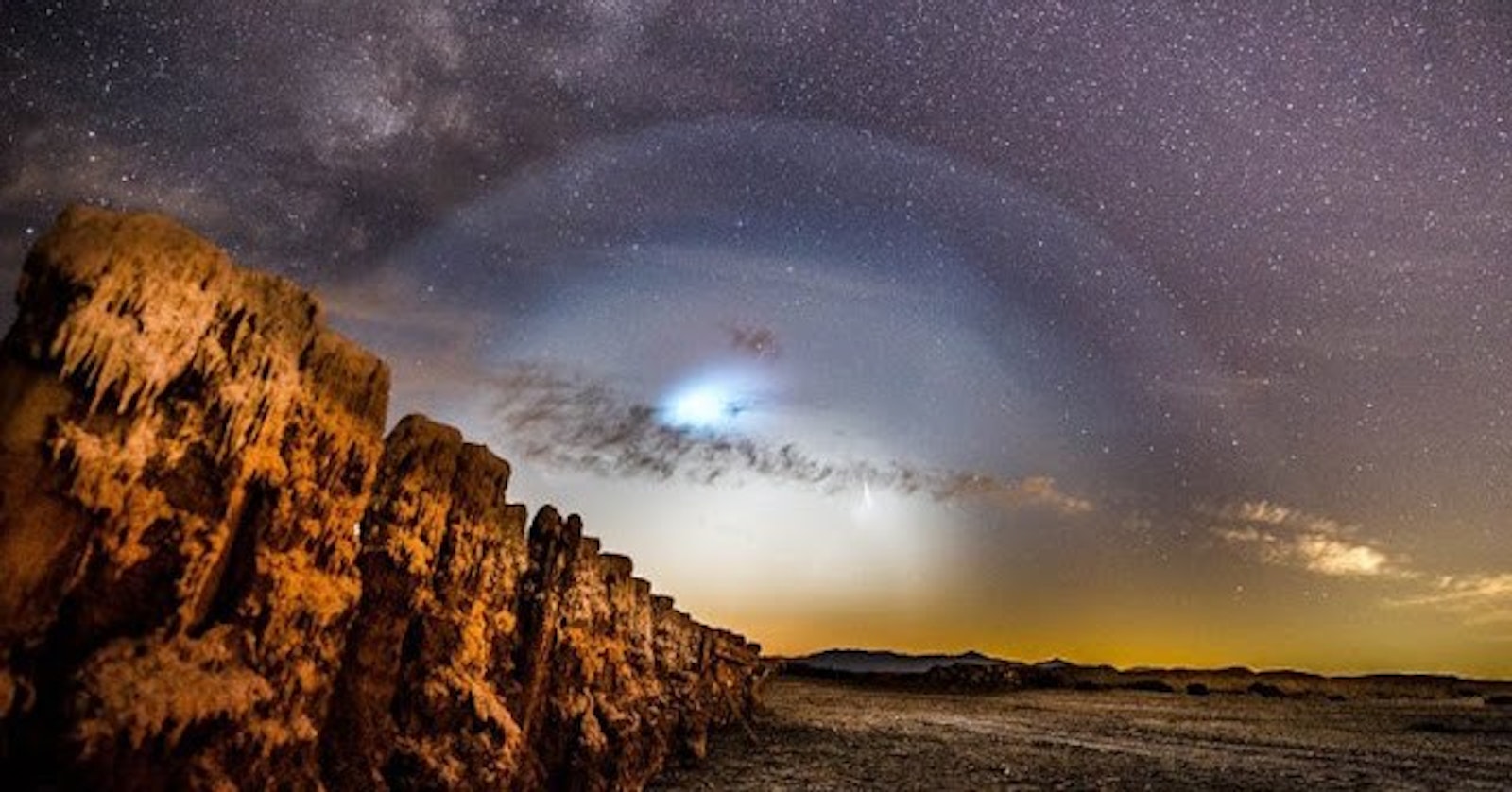Thought Experiment: A World Without Innovation

Please note: this post originally appeared on the Front End of Innovation blog.
How would you describe a world without innovation?
We are heading into our annual trip to Boston for the Front End of Innovation conference. And, in honor of our book, The Physics of Brand we’ve identified an appropriate thought experiment.
What would the world be like without innovation? For those of us living, working and thriving in the “innovation” universe, it seems like heresy to even write this thought experiment. We are taught in business school, “innovation is the only sustainable competitive advantage.” We grow used to seeking out the new, intriguing and innovative solution to age old problems. It is the energy source for any organization aspiring to grow, lead or stay out in front of the marketplace.
How could we even consider the idea?
To know how valuable something or someone is to you, consider the world without. What would you miss? What wouldn’t happen? What would you do instead? What would we imagine if we didn’t ponder new solutions to problems? What would we daydream about if we didn’t consider an alternative future? What would the human race be without imagination?
To start, innovation is rarely associated with the “new to the world” but dowsed like salt on an English meal to describe much of the iterative stuff we see daily. The list of history-changing “new to the world” innovations includes the printing press, paper currency, the compass, democratic governing, magnifying lenses, transistors, the telegraph, antibiotics and perhaps a few more. The list of what a majority of people describe as innovative would be too long for this writer to type before the FEI conference begins. So, we would live in a more dangerous, economically challenged and unexplored world if innovation wasn’t something we did as human beings.
According to Yuval Noah Harari, author of Sapiens and Homo Deus, imagination is our single attribute which puts us above all other species. We evolved to dominate the planet and all other species because we imagine. The ability to imagine is the first step toward innovation and we have thrived because of imagination. Though I do wonder what Yuval would say to the iterative innovations like snuggie for dogs, fake ponytails, vibrating ab belts and subprime mortgages. Perhaps these are the inventions for which the human race is not proud. If that’s what we consider “innovation” then yes, take me to a place where innovation is no longer an imperative for survival.
Yet, for those who don’t abuse the word innovation, let’s continue to hold it high and reference to our greatest accomplishments as a human race. And, if we consider a world without innovation, perhaps more of us would show up at places where it thrives. We would immerse ourselves in the warm pool of knowledge a conference like FEI offers. We would run to the places where ideas are exchanged, minds are lit up and participants leave with a renewed energy for finding the next solution to a nagging social ill.
Let this thought experiment be a test, as you connect with people at FEI in May, ask them this simple question, “what would the world be like without innovation?” If you get a thoughtful response, then you know they’re a member of a class of human beings with a high standard for what we can accomplish. If they brush it off, perhaps they have not thought hard enough about what their work means to the world. If they say, “well then I wouldn’t have to come to this conference” you might want to move on to the next person.
If you’d like to connect and talk more about innovation as a cultural challenge, how thought experiments can be used to inspire or how your organization values imagination, design and innovation, please reach out. We will be at the conference all week talking about The Physics of Brand, design and the stories that inspire us.
Kitty Hart, Lucy Robb and I write for the FEI event blog, please reach out if you have a story to share.


